The Challenge: Urban Growth and Fossil Fuel Dependence
A recent research paper by Kammen and Sunter paints a stark picture: by 2050, cities will house an additional 2.5 billion people. These growing populations will require significant energy resources, and currently, most cities rely heavily on fossil fuels. This dependence contributes to climate change and air pollution, posing a threat to both human health and the environment.
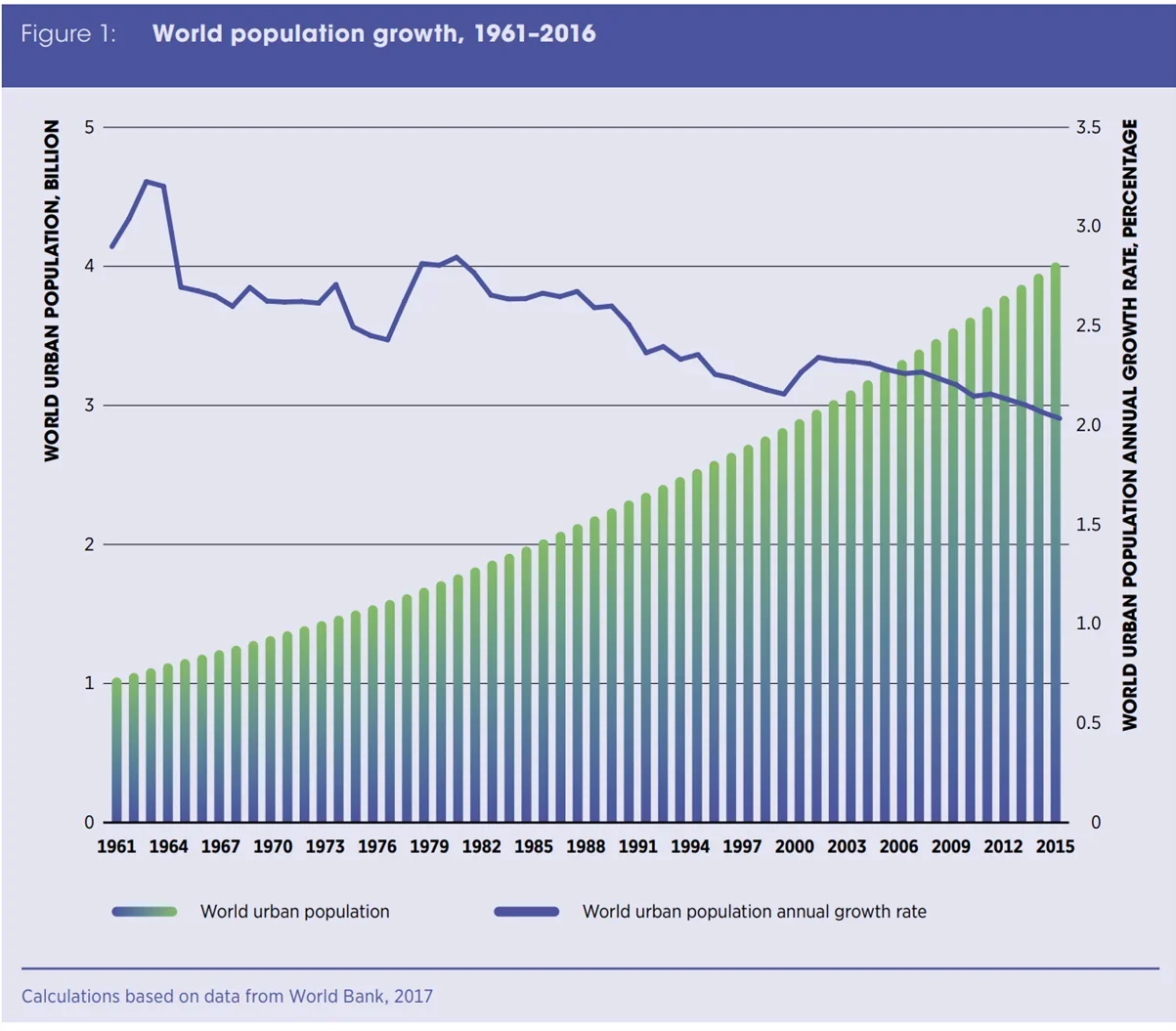
The Solution: A City-Integrated Renewable Energy RevolutionThe report by Kammen and Sunter, along with the IRENA report on "Rise of Renewables in Cities," both highlight the transformative potential of city-integrated renewable energy. Imagine a future where buildings boast solar panels on their rooftops, capturing the sun's energy. Waste-to-energy plants could convert urban waste into clean power, and geothermal technology could provide heating and cooling. | 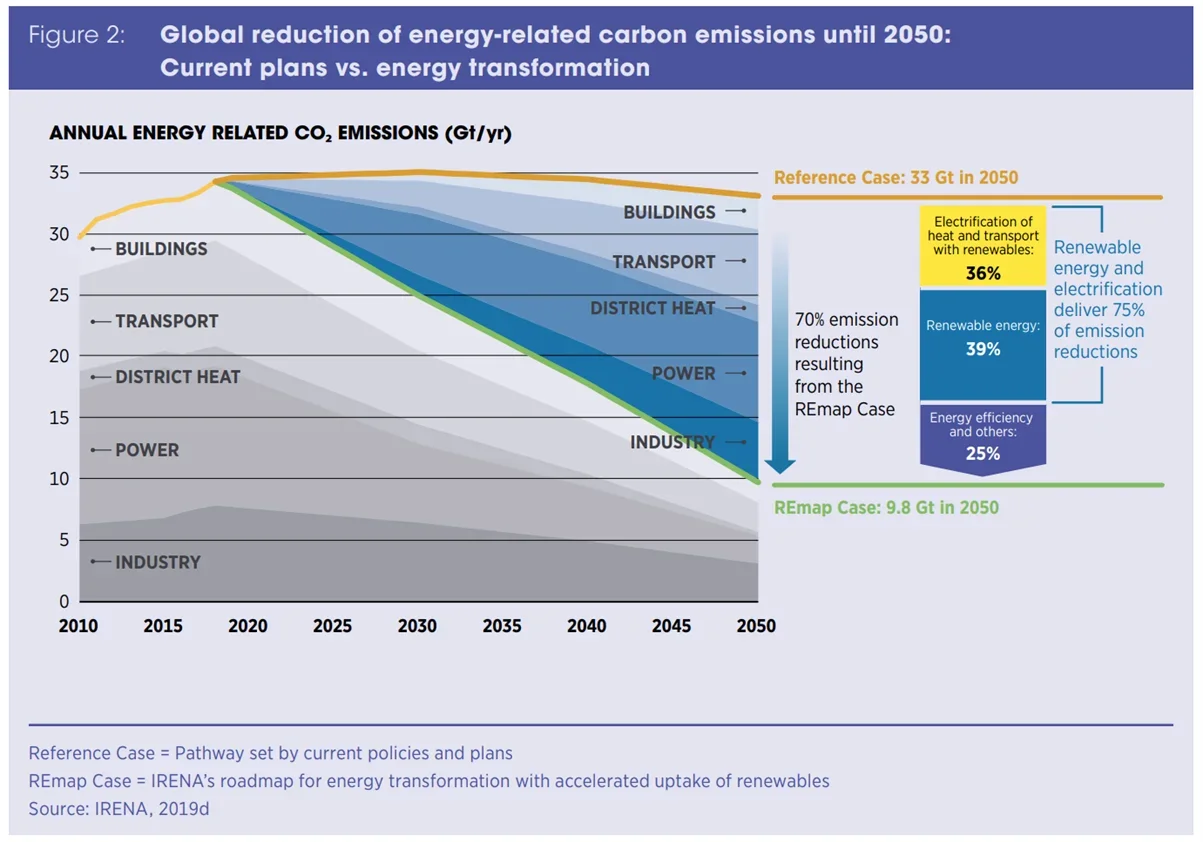 |
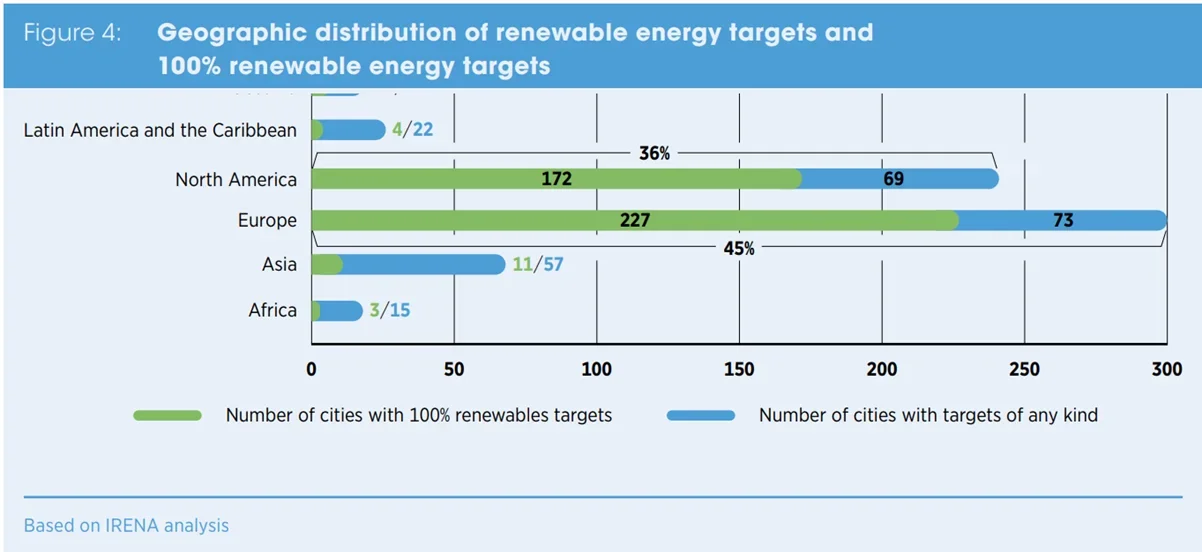 | Benefits Beyond Emissions ReductionThe IRENA report emphasizes that integrating renewables offers a range of benefits beyond just reducing emissions. Energy Security: Cities can become less reliant on volatile fossil fuel markets and more self-sufficient in their energy production. Economic Growth: The development and implementation of renewable energy technologies can create new jobs and stimulate local economies. Improved Public Health: Transitioning away from fossil fuels can significantly improve air quality in cities. |
Making it Happen: Technologies and StrategiesThe IRENA report dives deep into the specific renewable energy technologies best suited for urban environments. Solar Photovoltaics (PV): Solar panels on rooftops and building facades can generate clean electricity. Solar Thermal: Solar collectors can be used to heat water for buildings and even district heating networks. Bioenergy and Waste-to-Energy: These technologies can convert biomass and waste into usable energy. Urban Wind Power: While challenging, advancements are being made in using wind turbines in urban areas. Geothermal Energy: Cities with access to geothermal resources can leverage this source of clean heat and power. | 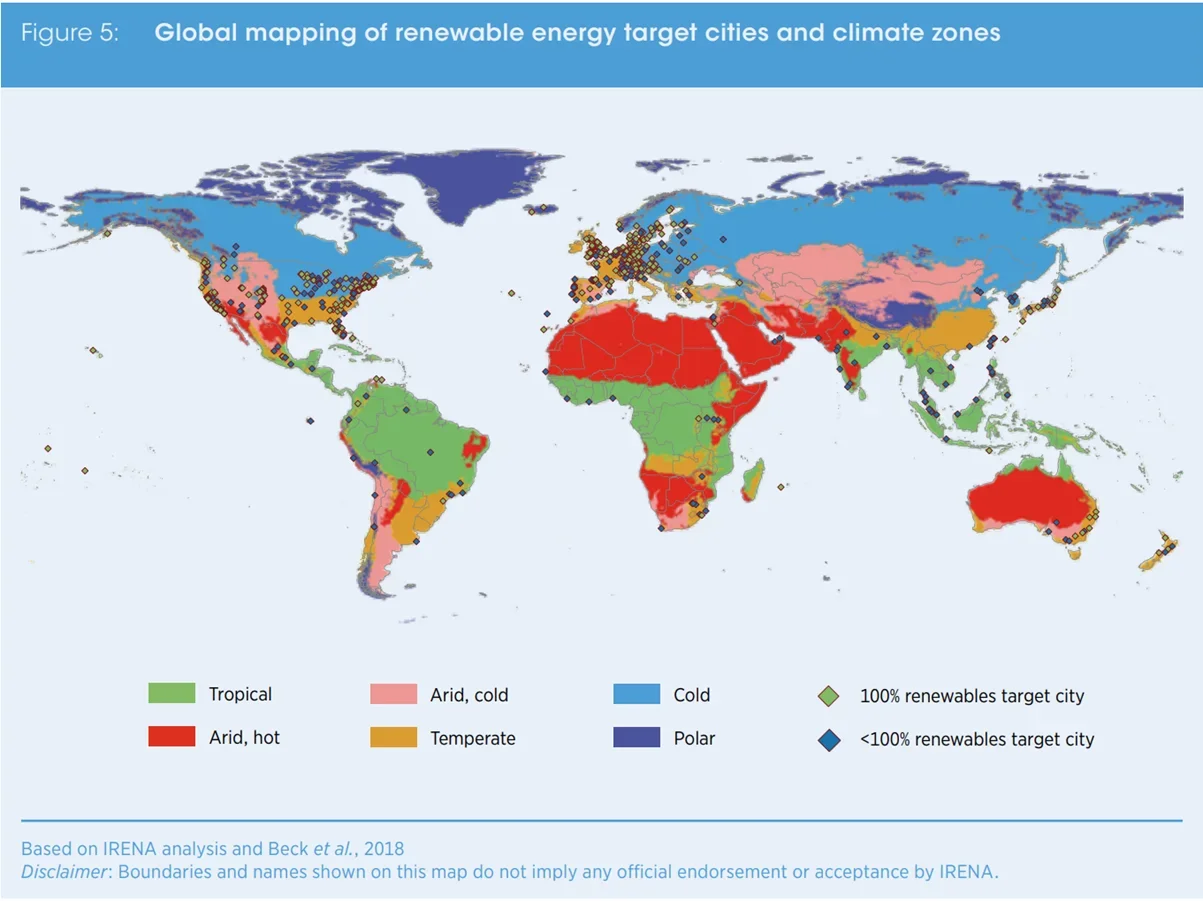 |
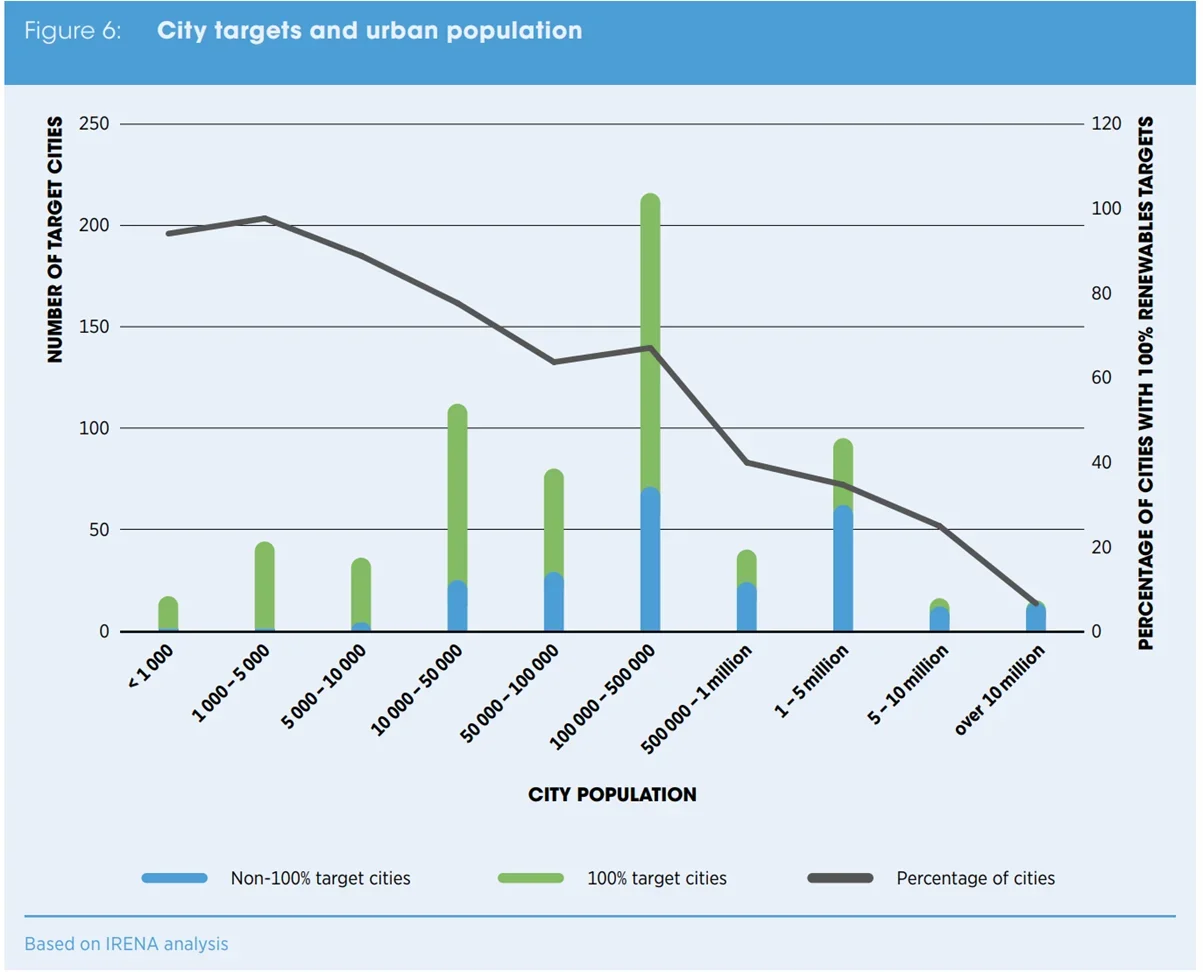 | Challenges and SolutionsIntegrating renewables into existing urban infrastructure presents challenges, as highlighted by the IRENA report. These include grid upgrades, data limitations, and public concerns about aesthetics. However, the report also offers solutions: Smart Grids: These intelligent grids can handle the variable nature of renewable energy sources like solar and wind. District Heating Networks: These networks can integrate renewable energy sources like solar thermal and geothermal for wider distribution. Urban Planning: Cities need to consider renewable energy integration from the outset when planning new developments or retrofitting existing infrastructure. |
The Road Ahead: A Sustainable Urban Future
The research by Kammen, Sunter, and IRENA all point towards a clear conclusion: large-scale adoption of renewable energy is essential for a sustainable future in our cities.
As Phillips and Smith emphasize in their article for the United Nations "Sustainable Urban Energy Is the Future," technological advancements are making renewables more efficient, cost-effective, and accessible. Cities around the world are already pioneering the way, pledging to transition to 100% clean energy and investing in innovative projects.
By embracing renewable energy, cities can become cleaner, more resilient, and more livable places for all. This future is within our reach, and the actions we take today will pave the way for a brighter tomorrow.
Future Cities at AIM Congress 2024
As part of its commitment to fostering innovation and development in future cities, AIM Congress 2024's Innovation & Technology Track in the Future Cities Pillar will host a dedicated panel session on the crucial topic of "Future Integration of Renewable Energy in Urban Environments."
This session aligns perfectly with the congress' theme of "Adapting to a Shifting Investment Landscape" by exploring how cities can harness the potential of renewable energy to achieve sustainable growth.
The panel will bring together leading experts to discuss the latest advancements in renewable technologies, successful city-scale implementation strategies, and the economic opportunities that arise from this transition. This session is a must-attend for anyone interested in the future of sustainable urban development and the role of innovative investment in achieving a greener future for our cities.























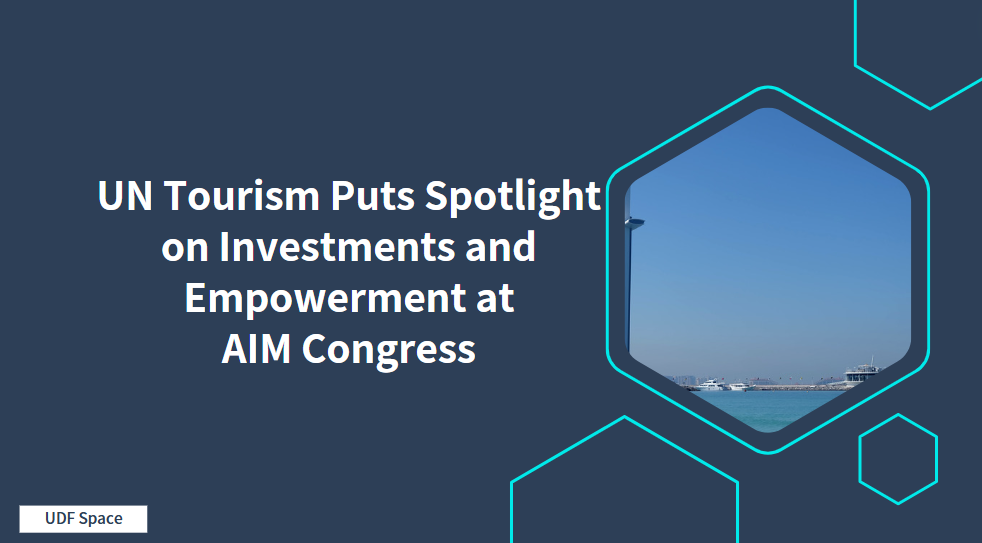

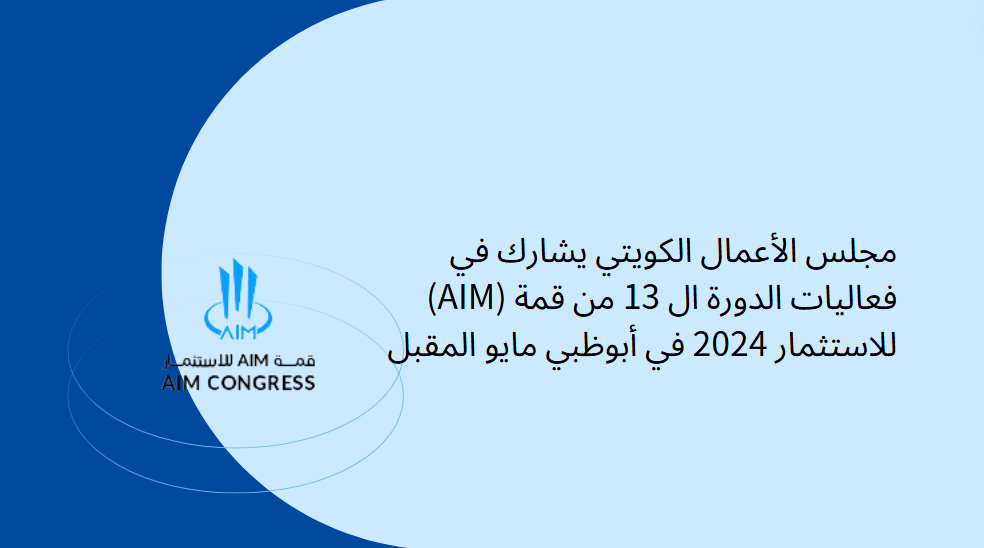
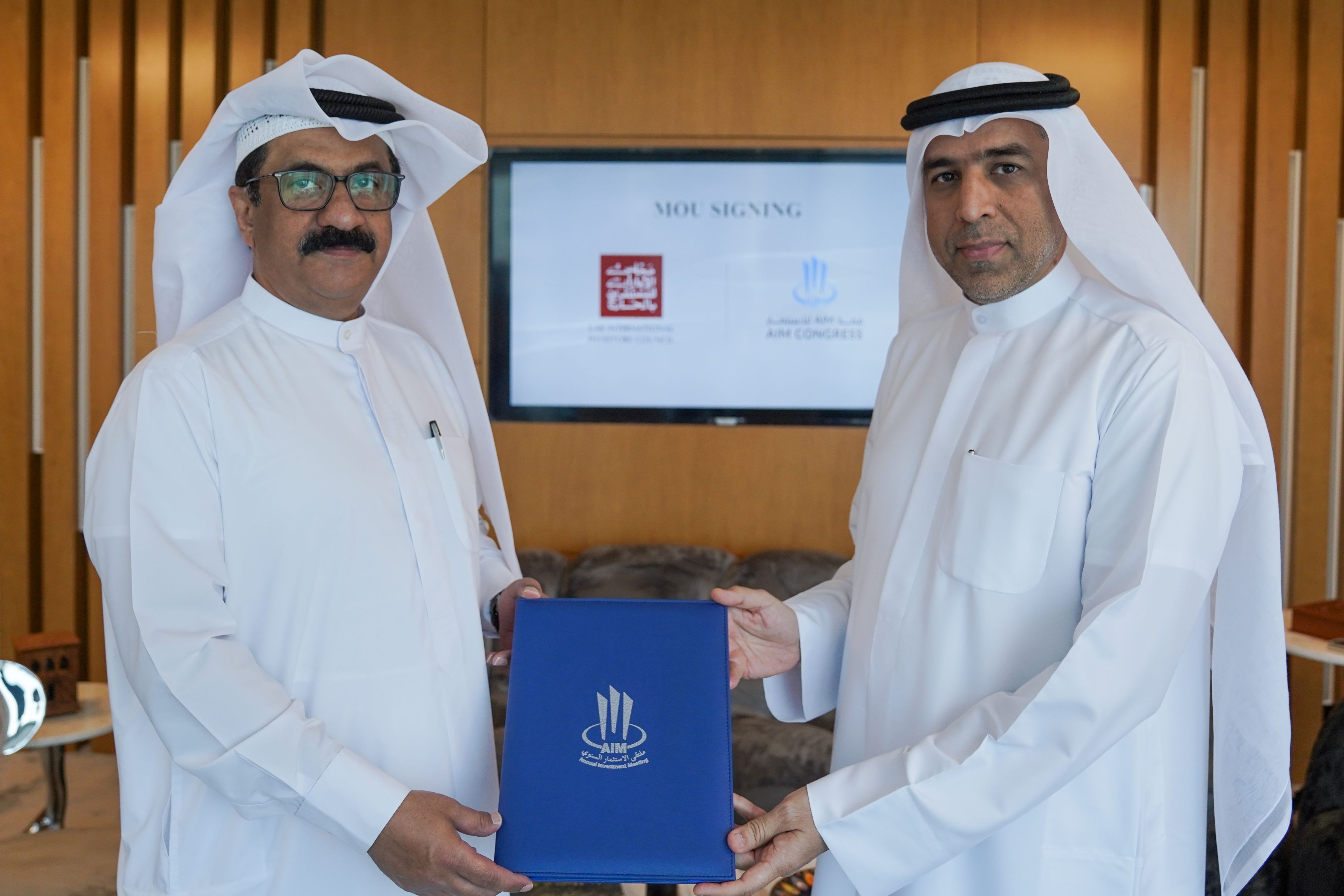




























First, please LoginComment After ~